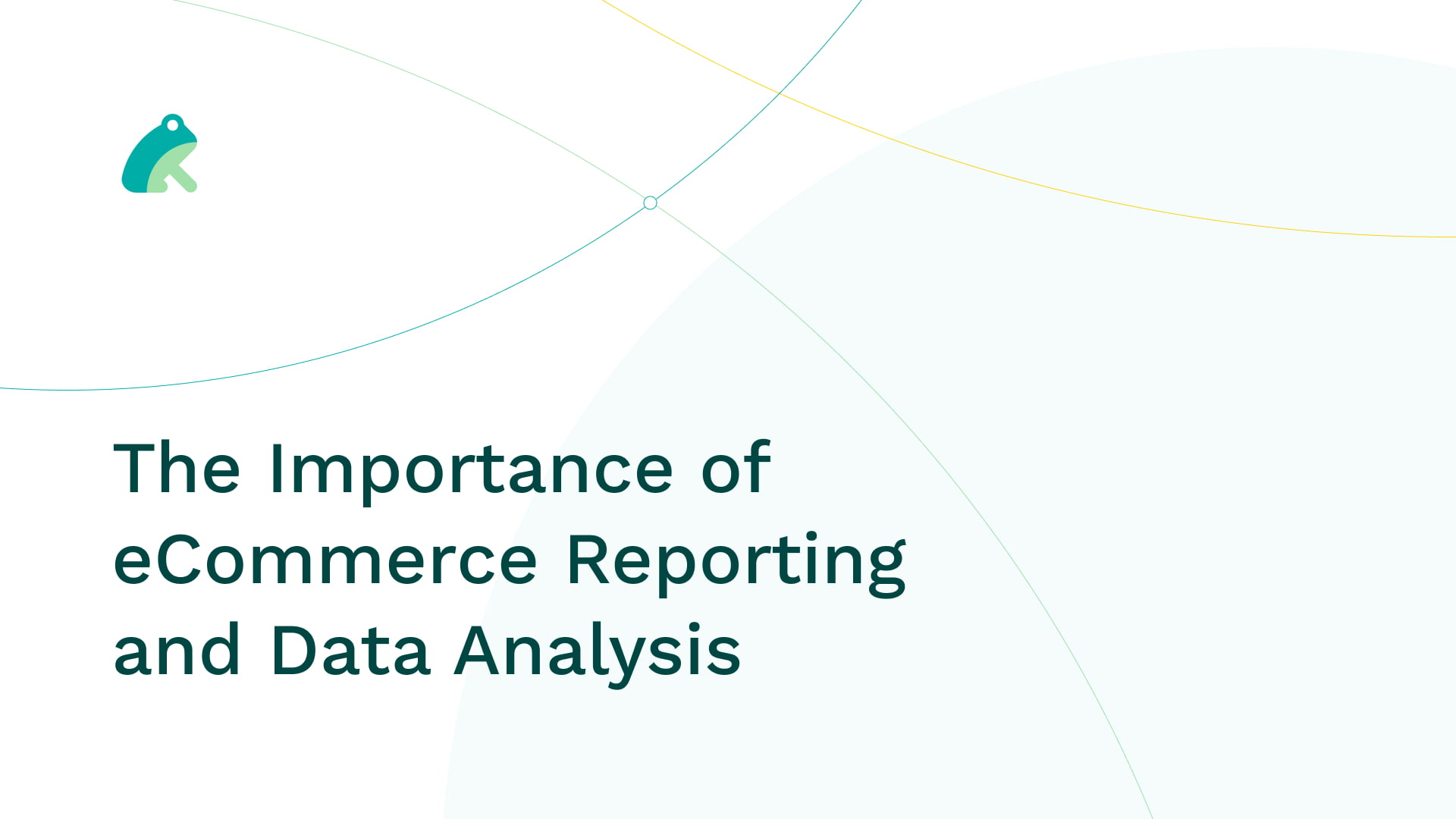The Importance of eCommerce Reporting and Data Analysis
January 9, 2026
In the rapidly evolving world of e-commerce, data has become a critical asset for businesses. The ability to collect, analyze, and interpret data has transformed the way companies make decisions, optimize their operations, and ultimately drive growth. Ecommerce reporting, in particular, plays a vital role in harnessing the power of data and extracting actionable insights. In this article, we will explore the importance of ecommerce reporting, its impact on businesses, and how it can drive success in the digital marketplace.

1. Understanding Customer Behavior and Preferences
Ecommerce reporting provides businesses with valuable insights into customer behavior and preferences. By analyzing data related to website traffic, click-through rates, and conversion rates, companies can gain a comprehensive understanding of their customers' journey. This information helps identify patterns, such as popular products, preferred channels, and specific customer segments, allowing businesses to tailor their strategies accordingly. By aligning offerings with customer preferences, businesses can enhance user experience, increase customer satisfaction, and drive sales.
2. Optimizing Marketing Campaigns
Data analysis is crucial for optimizing marketing campaigns in the e-commerce landscape. Ecommerce reporting enables businesses to track the performance of their marketing initiatives, such as email campaigns, social media promotions, and paid advertising. By analyzing key metrics like click-through rates, conversion rates, and customer acquisition costs, companies can identify which campaigns are most effective and allocate resources accordingly. This data-driven approach ensures that marketing efforts are targeted, cost-effective, and yield the highest return on investment.
3. Inventory Management and Demand Forecasting
Effective inventory management is essential for e-commerce businesses to meet customer demands while minimizing costs. Ecommerce reporting provides valuable insights into inventory levels, product performance, and demand patterns. By analyzing this data, businesses can make informed decisions about inventory replenishment, identify slow-moving or obsolete products, and optimize stock levels to avoid stockouts or excess inventory. Accurate demand forecasting based on historical data can help businesses reduce storage costs, improve order fulfillment, and increase customer satisfaction.
4. Identifying Operational Inefficiencies
Data analysis through ecommerce reporting allows businesses to identify operational inefficiencies and areas for improvement. By tracking key performance indicators (KPIs) such as order processing time, shipping delays, and customer service response rates, companies can pinpoint bottlenecks in their operations. This information enables them to streamline processes, implement automation, and allocate resources effectively, leading to improved efficiency, reduced costs, and better overall performance.
5. Personalization and Customer Retention
In the highly competitive e-commerce landscape, personalization and customer retention are crucial for long-term success. Ecommerce reporting provides businesses with the necessary data to personalize customer experiences and build loyalty. By analyzing customer data, such as purchase history, browsing behavior, and demographic information, companies can create personalized recommendations, targeted promotions, and tailored communication strategies. These personalized experiences enhance customer engagement, increase repeat purchases, and foster long-term customer loyalty.
6. Competitive Analysis and Market Insights
Ecommerce reporting also enables businesses to stay ahead of the competition by providing valuable market insights. By analyzing industry trends, competitor performance, and customer feedback, companies can identify emerging opportunities, adapt their strategies, and make informed business decisions. Understanding market dynamics and consumer preferences allows businesses to differentiate themselves, identify gaps in the market, and develop unique selling propositions that resonate with their target audience.
In conclusion, ecommerce reporting and data analysis play a pivotal role in the success of e-commerce businesses. By leveraging data, companies can gain valuable insights into customer behavior, optimize marketing campaigns, improve inventory management, streamline operations, personalize customer experiences, and stay competitive in the ever-evolving digital marketplace. Investing in robust data analytics capabilities and leveraging ecommerce reporting tools is no longer a luxury; it is a necessity for businesses aiming to thrive in the e-commerce ecosystem.